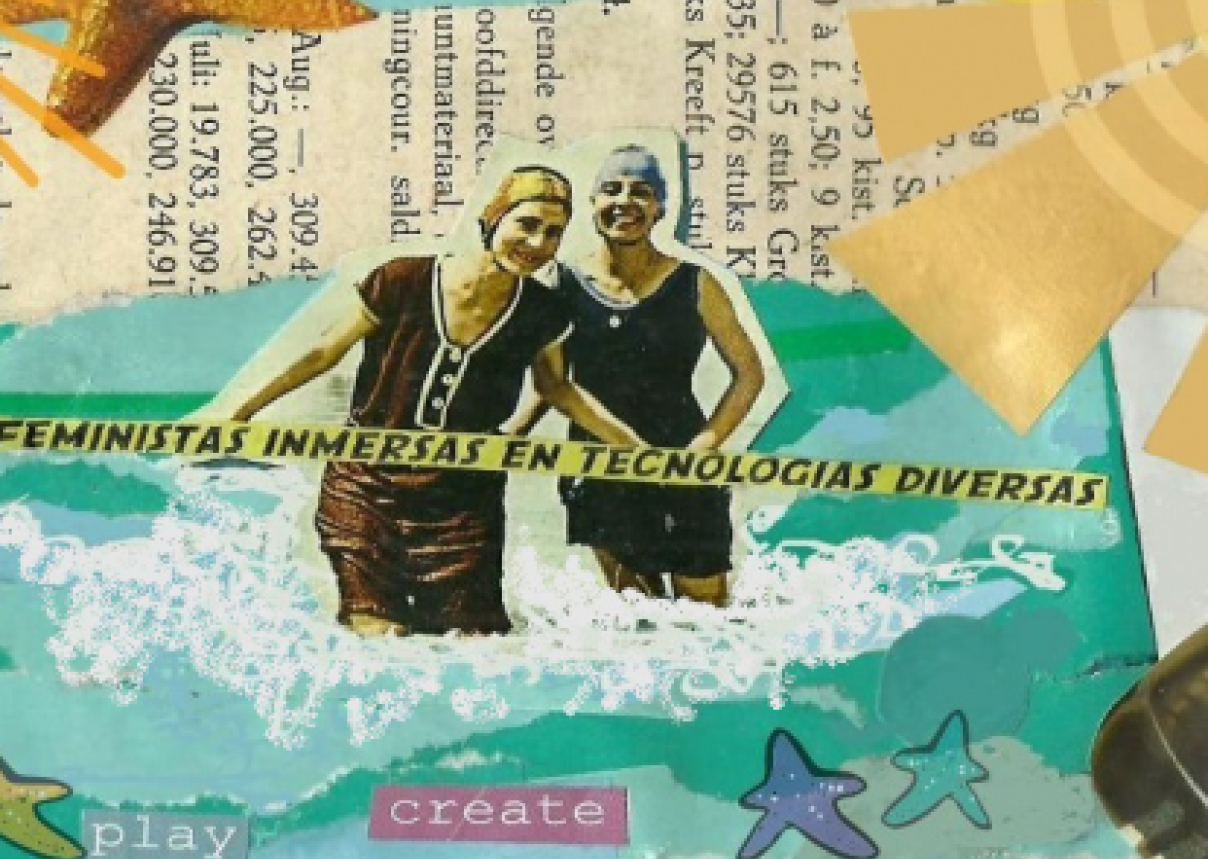
Elisabeth Jay Friedman offers a critical perspective of the use of the internet by feminists, arguing that the positive use of the internet for social change depends on shifting social contexts, and that the strength of the use of the internet – like any technologies – depends on its conscious and creative use to bring about social change. She argues that the internet is “no more inherently queer than it is inherently feminist”. In itself, the “internet offers no guarantee for social transformation”, and can been shown to reinforce social inequalities and create new forms of exclusion.
Latin America itself is an important socio-geographic region to explore. It was, she writes, “a region ready for a technology of connection and diffusion.” While “other regions and other activists have had similar experiences,” Latin America was in a unique position to take advantage of the internet: “In no other region of the Global South were so many ‘early adopting’ technical skilled organizations ready and eager to get such deeply regionally connected counterpublics online.”
Read the full article in GenderIT.org.
Image: Original artwork by Flavia Fascendini